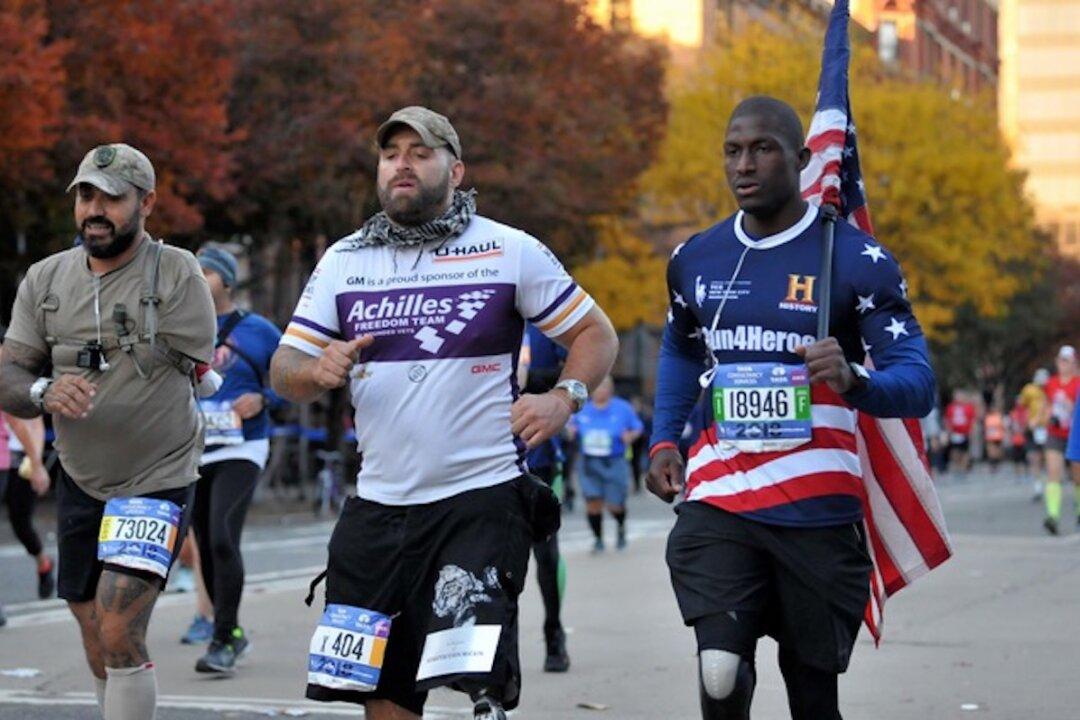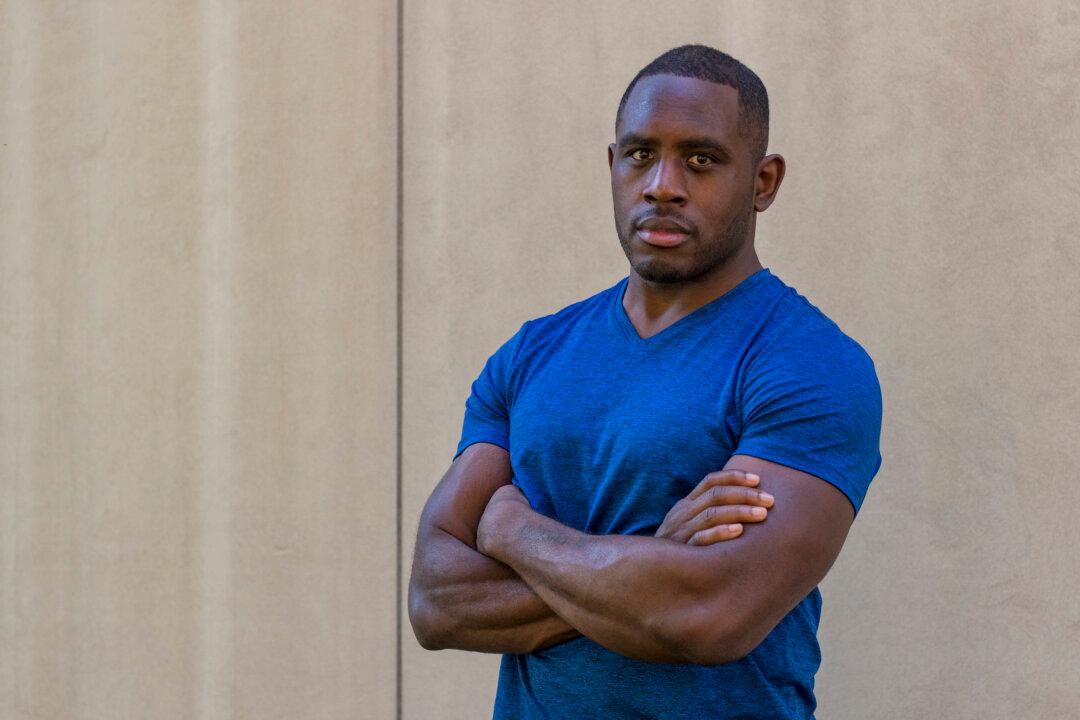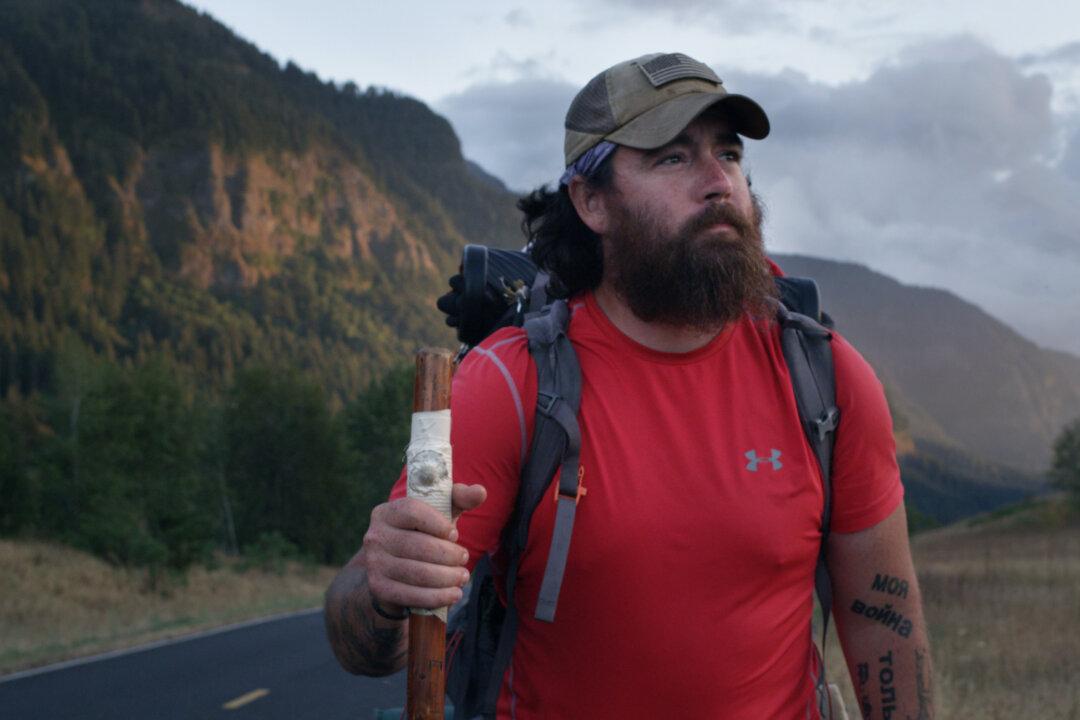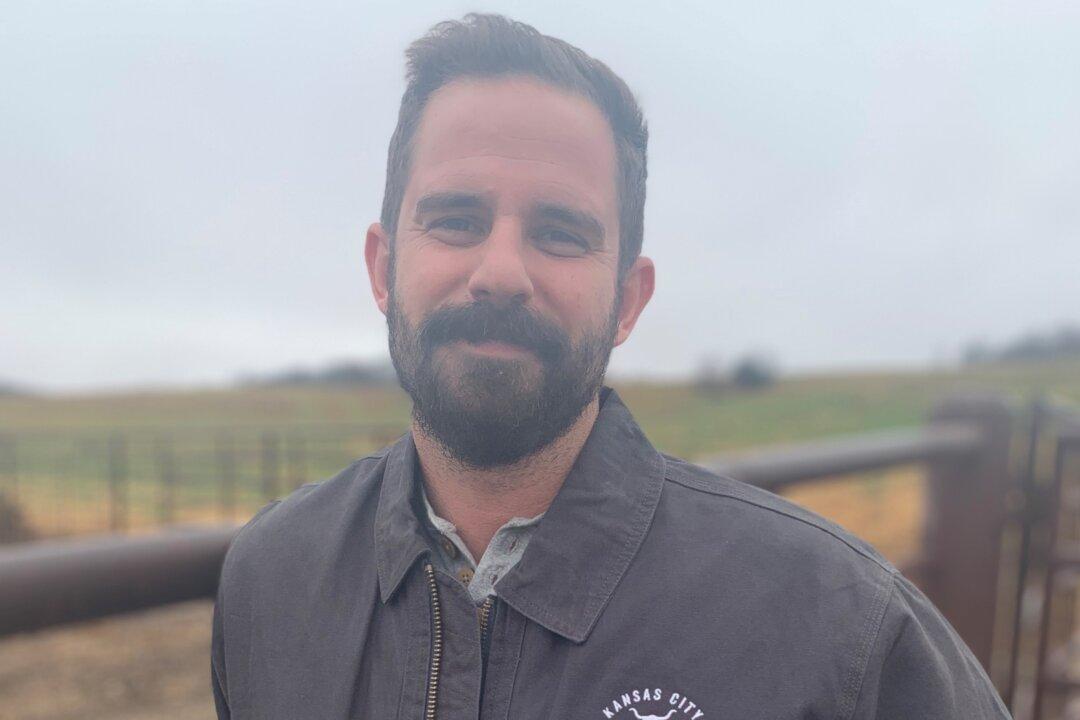People join the military to serve their country, but they also enlist in an effort to find direction, structure, and identity. Marine Corps veteran Kionte Storey grew up in Stockton, California, and joined the Marine Corps when he was 17. He turned 18 while in boot camp.
Storey knew he wanted to travel, and he wanted to discover who he was as a man. Over time, he found out things about himself that he was previously unaware of.






